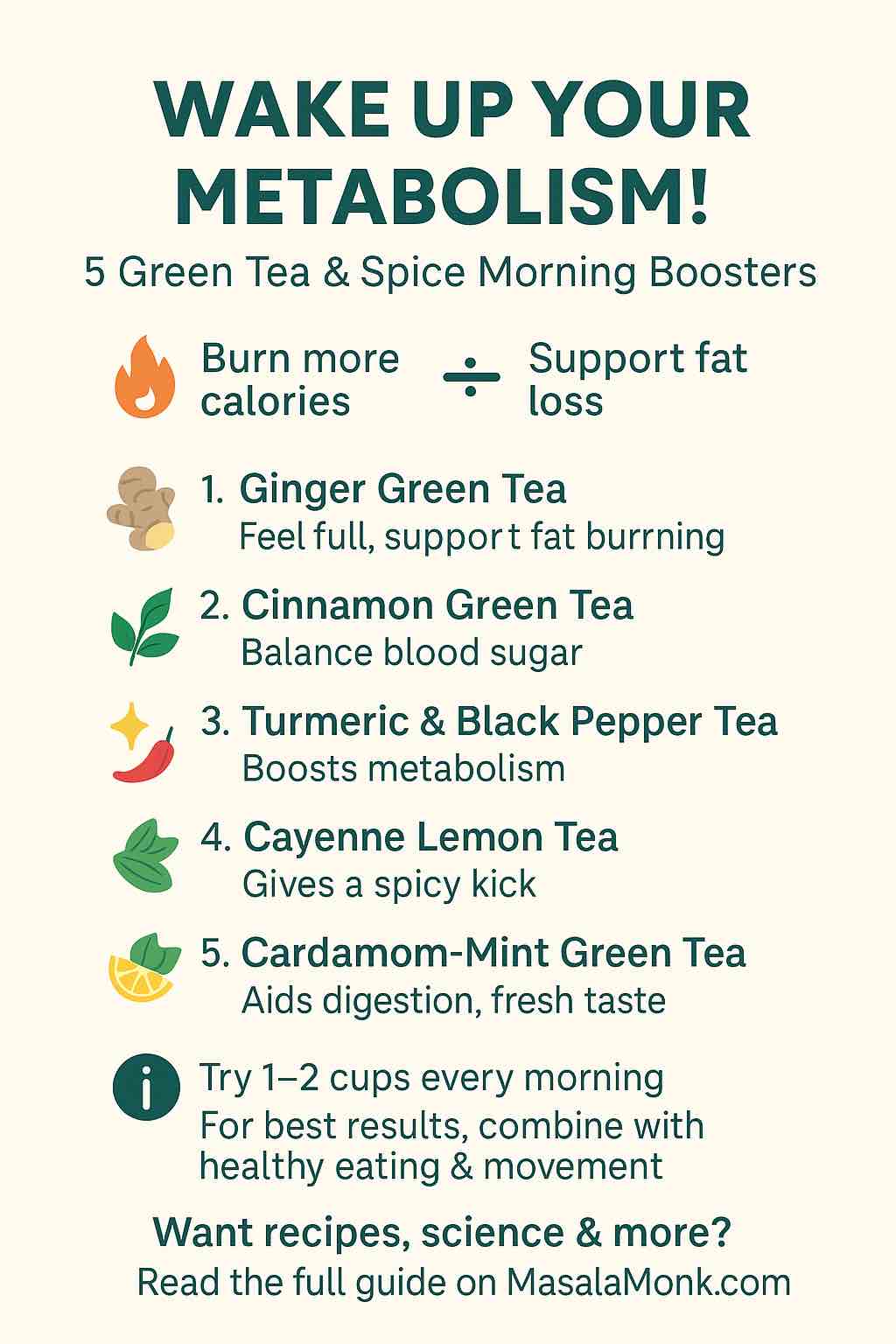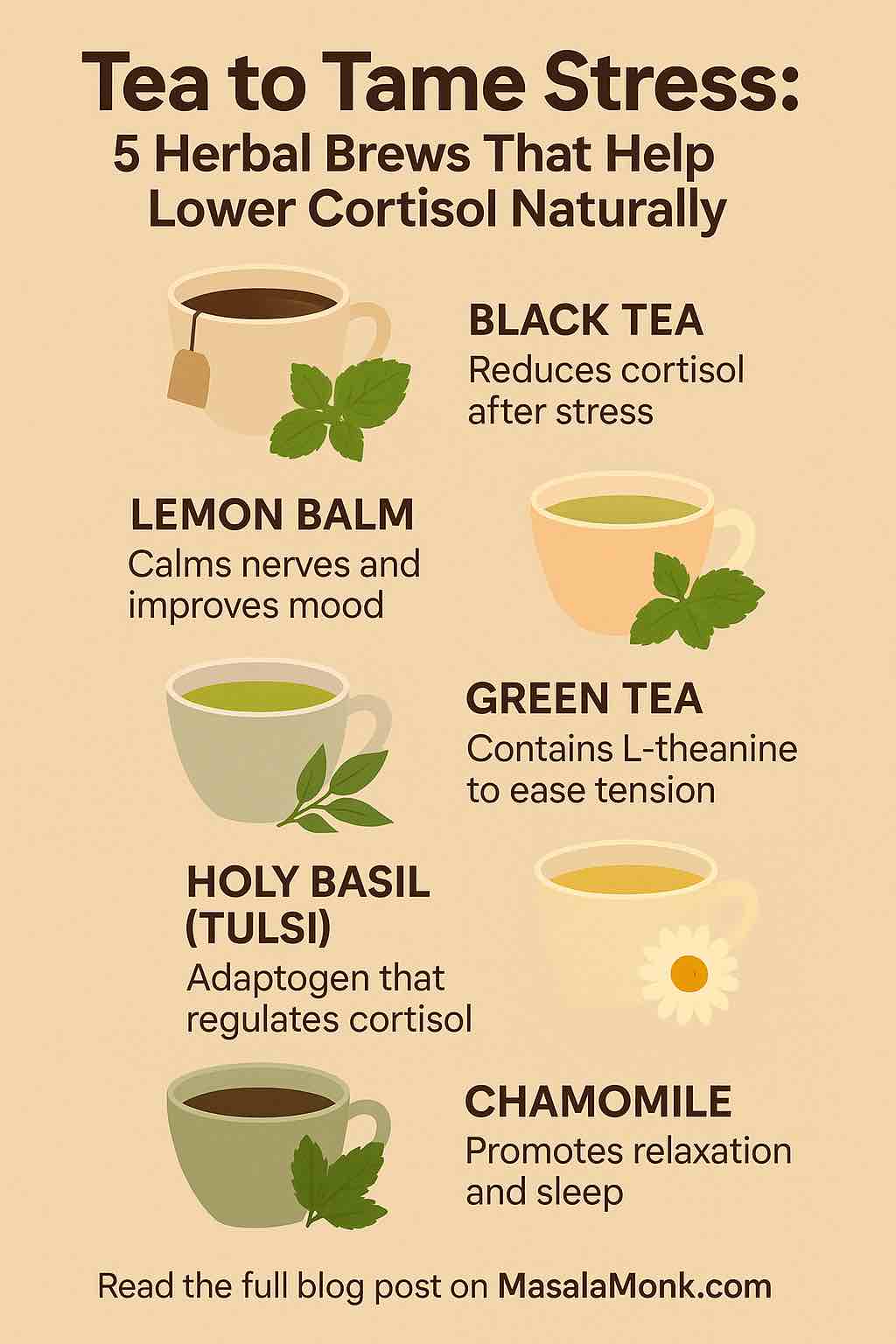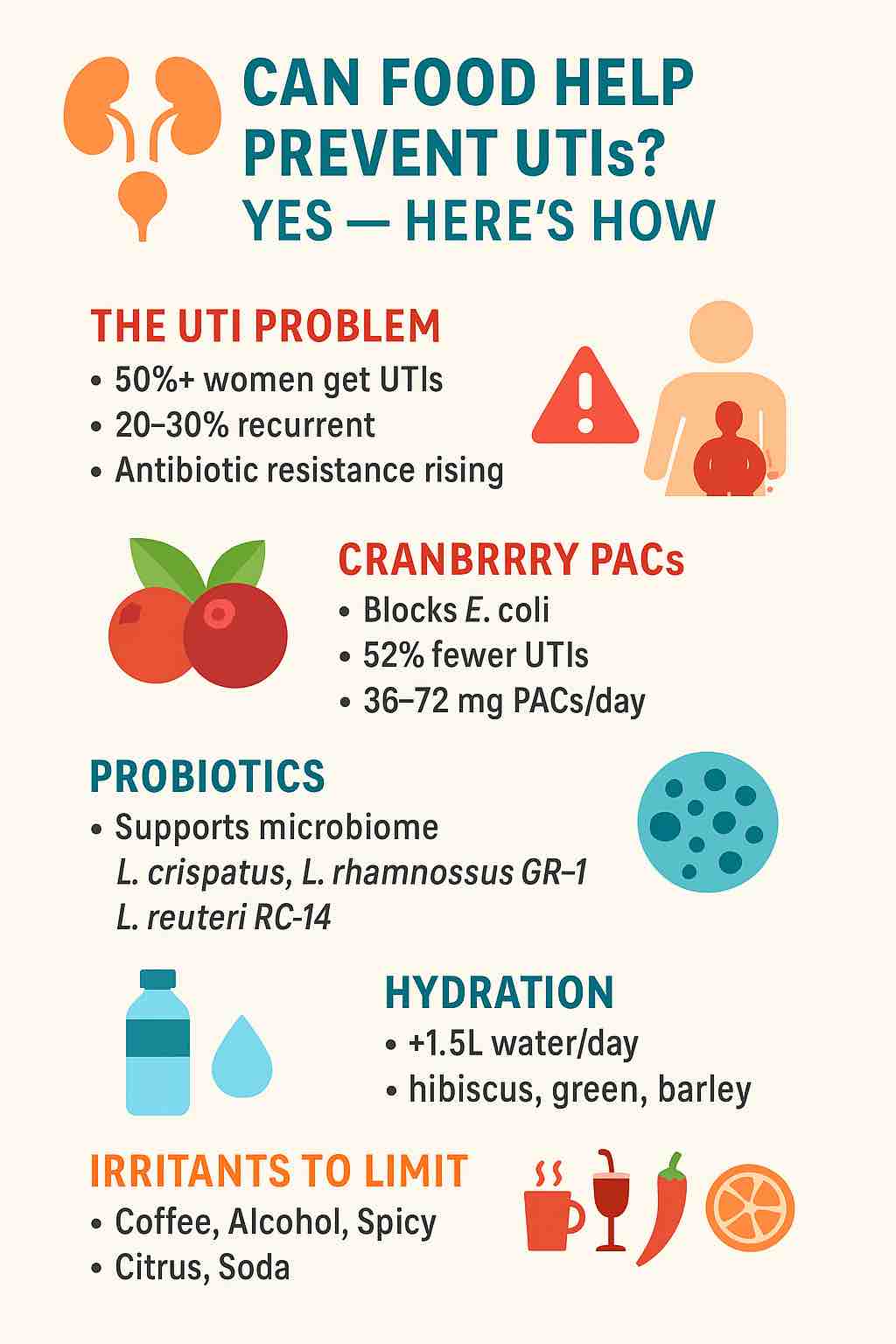
Let’s be real—life is busy, aches and stress happen, and sometimes the idea of “wellness” feels complicated or out of reach. But what if feeling better could start with something as simple as what’s in your mug?
Inflammation, the silent culprit behind everything from creaky knees to brain fog, is no match for Mother Nature’s healing kitchen. Every day, real people are discovering the power of simple, vibrant, and delicious anti-inflammatory drinks to dial down discomfort and light up their lives—one sip at a time.
In case you want to understand more about inflammation, read more here: What Is Inflammation? Body’s Double-Edged Sword
So, grab your favorite cup, settle in, and let’s explore eight truly nourishing drinks you can make at home. This isn’t just another list—it’s a roadmap to tiny, joyful, everyday victories.
1. Turmeric-Ginger Tea: Your Cozy, Golden Hug in a Cup
This drink is like wrapping yourself in a warm, golden blanket on a rainy day. The combo of earthy turmeric and zesty ginger feels soothing even before you know how powerful it is.

Why it works:
- Science tells us that curcumin (from turmeric) and gingerol (from ginger) actively calm inflammation, support joints, and even lift mood.
- Add a pinch of black pepper—this isn’t just an old wives’ tale, it actually boosts turmeric’s power by helping your body absorb curcumin better.
How to make it:
- Bring 2 cups of water to a gentle simmer.
- Add ½ teaspoon turmeric powder (or a thumb-sized piece of fresh root, peeled and sliced), ¼ teaspoon grated fresh ginger, and a pinch of black pepper.
- Let it all bubble away for 10 minutes—breathe in that spicy, earthy aroma!
- Pour into your favorite mug. Sweeten with honey or jaggery if you like, or add a dash of milk for extra richness.
How people feel:
“I started drinking turmeric-ginger tea every day—honestly, I didn’t expect much. But after a week, my morning stiffness was gone, and even my mood felt lighter!”
“It took away almost all of my symptoms—fatigue, brain fog, cold limbs. I stopped drinking it and my symptoms came back!”
Ready to dive deeper? Discover real-life tips and tricks in The Benefits of Turmeric Ginger Cinnamon Tea for Weight Loss and Overall Well-being.
2. Lemon Ginger Turmeric Water: Morning Zing, All-Day Glow
Imagine a drink that wakes up every sleepy cell in your body—lemon ginger turmeric water is exactly that. It’s bright, fresh, and just a little spicy, like sunshine in a bottle.

Why it works:
- Lemon is a vitamin C powerhouse and helps flush out toxins.
- Ginger soothes the gut and adds a warming kick.
- Turmeric fights inflammation deep in your tissues, so you’re helping your body from the inside out.
How to make it:
- Grab a clean jar or bottle.
- Fill with 1 liter water.
- Add the juice of one whole lemon, 1-inch of fresh ginger (sliced thin), and ½ teaspoon turmeric powder.
- Give it a shake and let it steep overnight in the fridge.
- Sip throughout the next day—on your commute, at your desk, after a workout.
Tips from real people:
- “It’s a lifesaver for my afternoon energy crashes.”
- “If you’re new to turmeric, use less at first—the taste grows on you!”
Get the step-by-step guide at Lemon Ginger Turmeric Water: A Refreshing Drink for Weight Loss and Detoxification.
3. Green Tea or Matcha: The Ritual That Restores
There’s something almost meditative about making green tea. The gentle steam, the vivid green, the grassy aroma—it’s a ritual that slows you down and gives you a moment just for yourself.

Why it works:
- Green tea is full of polyphenols (especially EGCG) that tame inflammation and support heart, brain, and metabolism.
- Matcha, made from powdered green tea leaves, is even more concentrated—think “supercharged” green tea.
How to enjoy it best:
- Bring water to just before boiling (around 80°C / 176°F—you don’t want to scorch the leaves!).
- Steep a green tea bag for 2–3 minutes or whisk 1 teaspoon of matcha into hot water until frothy.
- Add a squeeze of lemon to brighten it up, or a drizzle of honey for a gentler taste.
How it feels:
“I started making a cup every afternoon. Not only do I feel less jittery than with coffee, but my mind feels clearer and my skin has improved too.”
For more creative tea routines, try Morning Metabolism Boost: 5 Green Tea & Spice Infusions for Weight Loss
4. Berry-Powered Smoothies: Sweet, Tart, and Totally Transformative
Picture this: a glass so vibrant it looks like summer, brimming with the taste of fresh-picked berries and the promise of antioxidants.

Why it works:
- Blueberries, tart cherries, blackberries—they’re rich in anthocyanins, which actively reduce inflammation and help everything from sore muscles to cranky skin.
- Bonus: Blending with yogurt or plant milk adds protein and probiotics, making it a meal and a medicine.
How to whip it up:
- Add 1 cup frozen blueberries (or your favorite mix) to a blender.
- Throw in half a banana, a handful of spinach (you won’t taste it, promise!), ½ cup Greek or coconut yogurt, and 1 tablespoon chia seeds.
- Pour in enough almond or oat milk to blend.
- Blend until creamy and enjoy the beautiful purple color!
From real people:
“I started drinking this after workouts and noticed my soreness was way less. Plus, my skin looks brighter!”
Curious about the science? See Pure Blueberry Juice: 5 Ways It Boosts Your Well-Being.
5. Beetroot Juice: Earthy, Bold, and Vascular-Supporting
If you haven’t tried beetroot juice yet, don’t let its bold color scare you! Earthy and subtly sweet, this drink is a favorite for athletes and anyone looking to reduce inflammation.

Why it works:
- Beets are high in betalains and nitrates, which improve blood flow and ease inflammation—amazing for recovery after a tough day or a big workout.
Easy homemade version:
- Juice 1–2 beets with an apple and a small chunk of ginger for extra zing.
- No juicer? Grate the beets, squeeze through cheesecloth, and mix the juice with water.
- Drink ½ cup to start—beetroot is powerful!
What people say:
“I drink beetroot juice before my morning walks. I feel more energetic, and my knees hurt less than they used to.”
Also Read: Power of Beetroot and Beet Juice
6. Elderberry Juice or Tea: For When You Need a Health Shield
There’s something magical about elderberry—its deep purple hue, tart flavor, and old-world charm make it feel special. People swear by it for immunity, but it’s also a secret weapon for calming inflammation.

Why it works:
- Elderberries are packed with anthocyanins and vitamin C, supporting your immune system and fighting off swelling and aches.
How to make a homebrew:
- Simmer ½ cup dried elderberries, 3 cups water, a cinnamon stick, and 2–3 cloves for 30 minutes.
- Strain, cool, and sweeten lightly with honey if desired.
Real-life stories:
“Whenever a cold hits my family, elderberry tea shortens it every time. We make a big batch and drink it warm with lemon.”
For more herbal synergies, read Amla, Tulsi, Ashwagandha, Ginger & Turmeric: The Ayurvedic Herbal Combo That Strengthens Immunity Naturally.
7. Citrus-Turmeric Drinks: Morning Sunshine, Anytime Relief
Who doesn’t love the bright, punchy taste of orange and lemon? Paired with turmeric, these drinks are a daily “reset button”—zesty, cheerful, and brimming with anti-inflammatory vitamin C.

Simple morning ritual:
- Juice 2 oranges and ½ lemon into a glass.
- Stir in ½ teaspoon turmeric and a dash of black pepper.
- Drink immediately for a tangy wake-up that supports your skin, joints, and mood.
From our community:
“I started adding turmeric to my orange juice—honestly, my skin started glowing and I just feel brighter every morning!”
See more ideas at Citrus Zing: 5 Turmeric-Orange Drinks for a Tangy Morning Kick.
8. Chia-Seed Water: Small Seeds, Big Results
This is wellness in its simplest, most satisfying form. Chia seeds + water = a hydrating, fiber-rich drink that keeps you full, supports your gut, and cools inflammation from the inside out.

How to make it:
- Add 1 tablespoon chia seeds to a big glass of water.
- Wait 10–15 minutes as the seeds form a gel-like layer.
- Squeeze in lemon or drop in a few mint leaves for extra flavor.
- Sip slowly, and feel hydrated and satisfied.
User tip:
“I started with just a teaspoon at first, and my digestion improved—no more afternoon slumps!”
You might like to read: Glycemic index of Chia Seeds and their effectiveness on Blood Sugar
How to Make This Work in Real Life
- Start with one drink: Don’t overwhelm yourself—pick the one that sounds the tastiest or easiest and try it for a week.
- Set a ritual: Make your drink part of a morning routine, afternoon pick-me-up, or evening wind-down. The consistency is more important than perfection.
- Adjust for you: Can’t stand turmeric? Go lighter and add cinnamon. Want a sweeter taste? Toss in apple slices or berries.
- Homemade beats store-bought: You control the sweetness, strength, and love that goes into your drink.
- Listen to your body: Notice what changes—energy, mood, aches, even skin. Everyone’s different!
Real People, Real Results: What Our Community Says
- “It’s not a miracle cure, but I notice the difference in my joints and gut when I skip my morning turmeric tea.”
- “Homemade ginger shots are a game changer. The taste is intense, but you really do get used to it.”
- “Elderberry syrup is our family’s go-to when flu season hits—plus, it tastes like a treat!”
Make It Part of Something Bigger
The truth? Drinks alone won’t fix everything. But as part of a lifestyle full of real food, gentle movement, fresh air, and good sleep, they’re like the spark that gets your fire burning.
Want to go deeper? Read How to Follow an Anti-Inflammatory Diet for Optimal Health for more recipes, spice tips, and a full-body approach.
Final Sip
Wellness isn’t about restriction or perfection—it’s about tiny habits, delicious flavors, and little moments of self-care you can look forward to every day.
So pick a drink, make it yours, and let each sip remind you: You deserve to feel good, right now.
Do you have a go-to anti-inflammatory drink? What have you noticed since you started? Share your story below—your experience might be just the encouragement someone else needs!
Explore More (for Further Reading & Internal Linking)
- Lemon Ginger Turmeric Water: A Refreshing Drink for Weight Loss and Detoxification
- Citrus Zing: 5 Turmeric-Orange Drinks for a Tangy Morning Kick
- Amla, Tulsi, Ashwagandha, Ginger & Turmeric: The Ayurvedic Herbal Combo That Strengthens Immunity Naturally
- How to Follow an Anti-Inflammatory Diet for Optimal Health
- Pure Blueberry Juice: 5 Ways It Boosts Your Well-Being
- Optimize Digestion with These 5 Fruit Juice Recipes
Ready to sip, savor, and thrive? Your best health might just be a glass away. Cheers!
10 FAQs & Answers
1. What are anti-inflammatory drinks?
Anti-inflammatory drinks are beverages made with ingredients known to help reduce inflammation in the body, such as turmeric, ginger, green tea, berries, and citrus. These drinks can support your body’s natural healing processes and promote overall wellness.
2. How often should I drink anti-inflammatory beverages?
You can safely enjoy 1–2 servings of most anti-inflammatory drinks daily. Consistency is key for long-term benefits, but always listen to your body and consult a doctor if you have any underlying conditions.
3. Can I mix and match different anti-inflammatory drinks?
Yes! Rotating between different drinks—like turmeric tea in the morning and a berry smoothie later—can help you benefit from a wider range of nutrients and antioxidants.
4. Are there any side effects to these drinks?
Most anti-inflammatory drinks are safe for healthy adults. However, high doses of turmeric or ginger may interact with certain medications (like blood thinners), and too much citrus may affect those with acid reflux. Always start small and monitor how you feel.
5. Do I need special equipment to make these drinks?
No special equipment is required for most recipes—a basic pot or kettle, a blender (for smoothies), and a citrus juicer are helpful but not essential. You can get creative with what you have at home.
6. Can I prepare these drinks in advance?
Yes, many of these drinks can be made in batches and stored in the fridge for 1–2 days—like lemon ginger turmeric water or berry smoothies. Fresh is always best, but prepping ahead saves time.
7. Are these drinks suitable for kids and seniors?
Most recipes are safe for all ages when made with natural ingredients and without excessive spice or added sugars. Adjust spice levels for kids and consult a healthcare provider for anyone with health conditions.
8. Will these drinks help with chronic pain or joint issues?
Many readers report reduced joint pain and muscle soreness with regular use of turmeric-ginger tea, beetroot juice, and berry smoothies. While not a cure, they can be a supportive addition to your wellness routine.
9. Can I use powdered spices or do I need fresh ingredients?
Both work! Fresh ingredients often provide a brighter taste, but high-quality powdered spices are convenient and still deliver health benefits. Always check for purity and avoid mixes with added fillers.
10. How can I make these drinks taste better if I’m not used to the flavors?
Start with less spice and increase gradually. Add natural sweeteners (like honey or apple), mix with mild teas, or blend with fruit to create a flavor you enjoy. Over time, many people come to love the natural, earthy taste.













